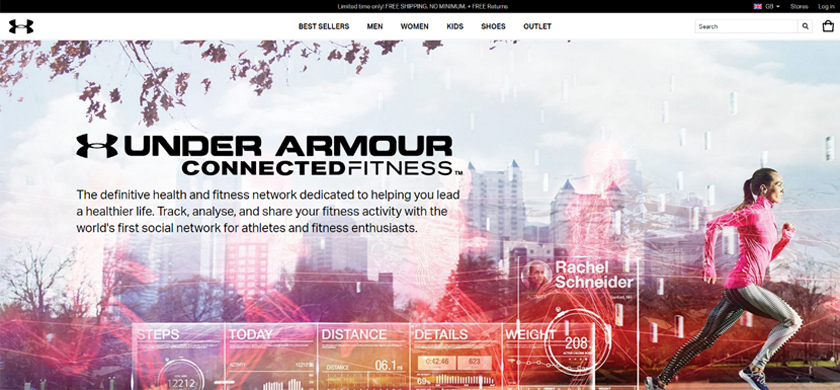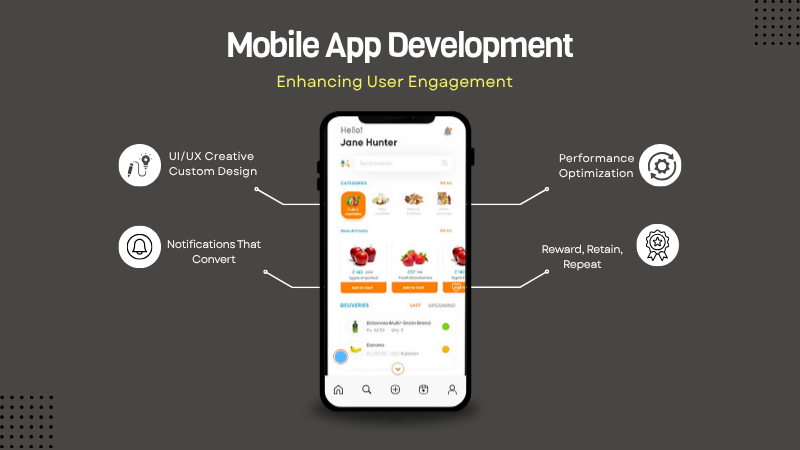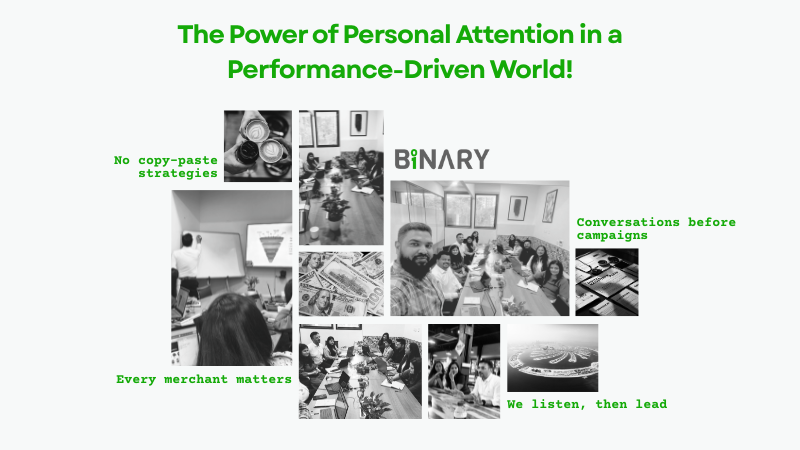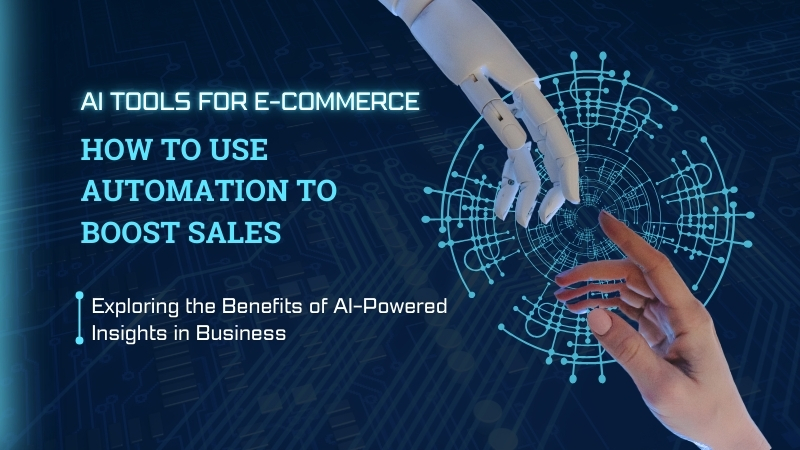Artificial Intelligence has incredibly changed the way machines ever worked. It has continuously redefined its features and has bought much success to the innovations being made. The AI machine evolution has been very impressive so far with the advent of autonomous driving, lip reading robots, interpretations, language processing and the likes.
The extraordinary progress and success stories of AI include AlphaGo’s victory over the world champ Lee Sedol for autonomous driving. Google’s DeepMind AI is capable of reading lips and has already mastered the difficult video game Montezuma’s Revenge; it has actually started learning the game with trial and error basis just like humans do. Watson – IBM’s AI platform reads, analyzes and interprets texts just like a person through natural language processing. The AI has become power humans by grasping as much as 80% of the information available today. Tesla’s self-driving cars are truly innovative with its eight cameras providing 360 degree visibility.
Artificial Intelligence is just rising above the level what it was yesterday, it is innovating and implementing every day by completely revolutionizing the very nature of digital marketing. The AI influence is growing and it will drastically change human interactions to the core.
Some important statistics that shows how huge the impact of AI and is going to affect the future interactions:
- Gartner research states that almost 85% of customer interactions will happen without a human being involved.
- In May 2016 alone, $1.5 billion were invested states CB Insights.
- Crunchbase listed 1,196 AI Start-ups; it lists all the venture capital funded startups in the world.
- Forrester states that 16% of American jobs shall be replaced by AI by the end of the decade.
AI is advancing at rocket speed and businesses are already seeing the bleak future. So what is it that Marketer should be particularly careful about and how does AI influence Digital Marketing.
Personalized content
Marketers already have abundant data with them and the developments in AI are surely going to help them make right use by giving highly personalized experience to its customers. Machine Learning has truly advanced and it will help marketers understand the customer’s true desires and take actions. Customers are looking for truly personal experience from brands; marketers will have to rely heavily on AI and machine learning so the data can be utilized for making customer engagement effectively.
With this level of advancement, content will become more personal catering to the demands of customers and users. Interactions will be crafted to suit the exact needs and requirements of the audiences. The whole online experience for user will bring promotions and content that is relevant to the final user.
WayBlazer, AI based Travel Company uses IBM’s Watson to apply cognitive analytics to social data that understands and realizes actual destination and know who it can appeal to. WayBlazer with the use of Watson is capable of giving recommendations to potential buyers for travel and also informing them about the local insights.
Under Armour, one of the biggest brands in athletic wear gives a finer example of how IBM’s AI technology is offering personalized training, nutrition recommendations and recovery programs. Watson will now be able to analyze users with daily activities, their sleep and data with regards to the food and it can share the info with its fitness App under its report.

Personalized ads will help to cater to the needs of the target audience. Brands who implement machine learning and personalization will obviously see increase in the revenues and the conversion rates. Personalized ads will bring a better ROI showing lesser irrelevant ads; it will show ads to the right audience.
As ads will be strictly targeted to the needs of the audience, user engagement will improve and brands implementing machine learning and content personalization the right way will see increases in revenue and conversion rates. Users will only be shown ads that are particularly relevant to them, meaning that firms could potentially see a better ROI by showing fewer ads, but to the right audience. This will result not only in an improved user experience but also higher levels of user engagement.
Chatbots and Virtual assistants
2016 was the year of new inventions and implementations, Chatbots and Virtual assistants saw an incredible growth. Facebook bought a new excitement with the introduction of bots for anything they thought of, for example KLM’s Messenger Chatbot allowed passengers to ask for directions to their stores, or nearby ATMs or restaurants or by sending an Emoji.

Bots and virtual assistants are eventually machines, they generate a lot of excitement for firsthand users and they are willingly ready to spend on it. Gartner predictions states that by the end of 2017, Marketers shall spend over $250 million on conversational technologies such as Chatbots and Virtual agents. In addition to this, room-based screen-less devices like Amazon Echo will be in over 10 million homes.
Adobe Research reports that the app downloads have fallen down to almost 38% in the U.S. and by 5% in the U.K., Germany and France since the year 2014. Chatbots are in bigger demand since consumers will directly talk to bots instead of making use of Apps or emails that take longer time.
AI’s will simplify Human Life
AI is definitely the future but it doesn’t mean they will completely change the human role in marketing. The businesses in future would sure need marketers for important decisions. The Big data is the sole element that marketers use these days to get insights, analyze the markets, study the trends and creating the content accordingly that brings brand awareness.
The most notable thing about AI is that, the more it is used, the more efficient it becomes, as AI are constantly learning and is adapting to new environments to anticipate the changes that are happening. Marketers can set the guidelines for AI so that all interactions stay within the brand context and are consistent with its vision. AI track the trends and optimize the real time campaigns, hence marketers will be more open to concentrate on subjective aspect of campaign. Laborious tasks could be handled by AIs.
The future of AI will help marketers concentrate better on creative aspect that includes understanding the customer and figuring out its overall objective. The repetitive, time-consuming and logic driven tasks will be performed by AI giving the marketers opportunity to be creative and focus its time and efforts on dedicate matters. It will help those transforming thoughts and ideas into decision making processes and products and improving overall business.
AI Problems
AI has created much excitement but Demandbase’s survey states that 80% of marketers feel that AI will completely revolutionize the marketing scene by 2020. Only a mere, 26% marketers feel confident about their understanding and the use of AI in marketing while 10% are already using it.
Marketers are already feeling the heat of losing the control over AI, although their main concern is integrating the AI into already well established businesses and poking over well designed strategic organizations processes. They are worried that employee may or may not adapt to the changes.
Boxever survey shows there is a gap between marketers and consumer’s perception of digital transformation and innovation in AI. Consumers are misinformed with regards to the development in the AI field. Consumers are laymen people; they really do not understand the true value of using AI in marketing. This is one of the reasons, there is disconnect between expectations and reality when it comes to AI.
Final Thoughts
AI is the digital future; Marketers should exceptionally know that world of digital is changing and it is exponentially going to impact decision-making and business growth. Brands using AI will be able to differentiate the casual users and their most valued users and tailor-made offer can be given to them. AI will help marketers recognize the needs of the users and offer real-time solutions that will help engage customers to the brand.


















